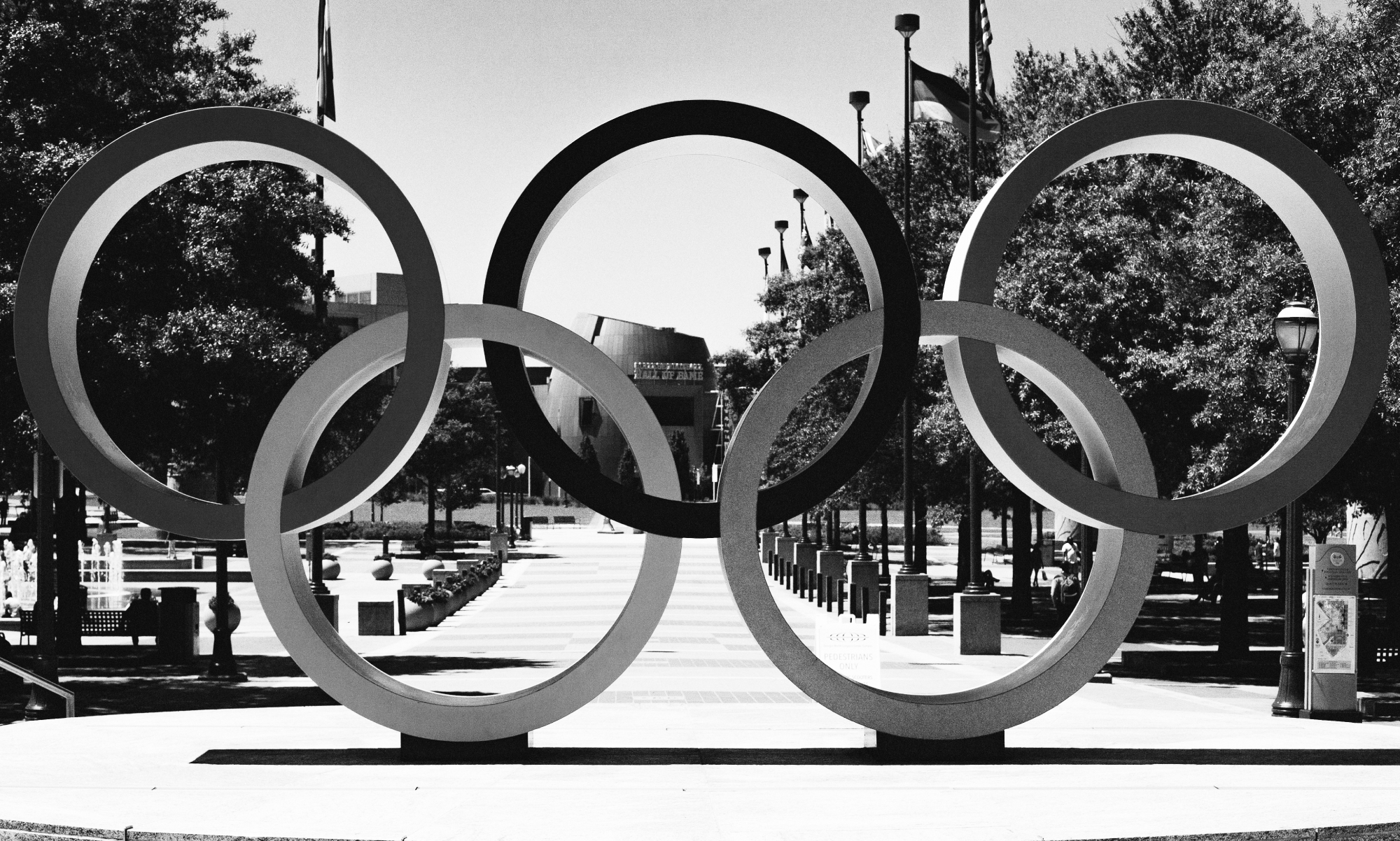Now that the dust has settled on an Olympic Games which many thought would never happen, the appraisals have begun – what worked, and what didn’t. Tokyo 2020 was certainly a different Olympics to normal, not least because it took place in the wrong year. And, without spectators at the events, it was also forced to be digital-first which provided some interesting lessons to be taken away by marketers.
With a lack of spectators and delays to the games, brands were forced to quickly adapt their advertising strategies and get creative in order to reach Tokyo 2020 audiences. Digital Out-Of-Home placements (DOOH) and Connected TV (CTV) ads have both seen significant growth since last year and both subsequently saw more investment. DOOH is able to target and re-target audiences in a way impossible for traditional billboards, and programmatic advertising through CTV enables a high level of personalisation by leveraging first-party data. Digital innovations like storytelling through AR experiences were also experimented with by publishers, offering a new possibility for advertisers to show off their brands in the future.
Elsewhere, Olympic partner Airbnb offered a series of ‘online experiences’, allowing small groups of fans to participate in Zoom calls with athletes before and after events, including GB gold medallists Jonny Brownlee and Hannah Mills. Airbnb stated that the aim of this campaign was to create “unique experiences that connect people”, which really highlights the importance of personalised content. Whilst most brands don’t have a roster of Olympians available to them, personalised experiences – which would previously have been impossible – are becoming key in the customer journey. There is, of course, a balancing act here but unique shopping experiences are increasingly being created, be that through bespoke ordering systems or personalised in-store interactions through biometrics. Brands that are able to walk this tightrope – personalising each customer’s journey whilst still respecting their privacy – will likely see the benefits of increased trust and brand loyalty.
Finally, in the world of social media, one platform synonymous with Tokyo 2020 was TikTok. The booming video sharing app offered fans an exclusive glimpse into the ‘behind-the-scenes’ of the Olympics, as athletes like Australian diver Sam Fricker and US rugby player Ilona Maher posted daily videos about life in the Olympic village. Without fans there to cheer them on, TikTok provided a new, ‘unfiltered’ way for the Olympians to boost their profiles, and brands such as Ralph Lauren and Skims have benefitted from this, with millions of views on athletes’ videos endorsing their products. By helping these brands engage with audiences in a more authentic way than through traditional advertising, a greater level of trust can be established with potential customers – and, when it comes to social media, authenticity and relatability are key. For the basketball fans, the Olympians’ TikToks were reminiscent of last year’s series of YouTube vlogs made by NBA player Matisse Thybulle, as the 2019 season was concluded in a Covid-secure ‘bubble’. Thybulle’s filming of the ‘mundane’ day-to-day activities of players off the court was a surprising hit, further highlighting how far audiences can be engaged by thinking outside of the box. Content is king in marketing, but how you present that content is equally as important, especially if it’s from a different angle that audiences haven’t seen before. Through relatable and honest social campaigns, brands can not only expand their reach to otherwise-inaccessible audiences, but also showcase themselves in previously unthought-of ways.


